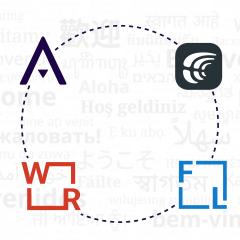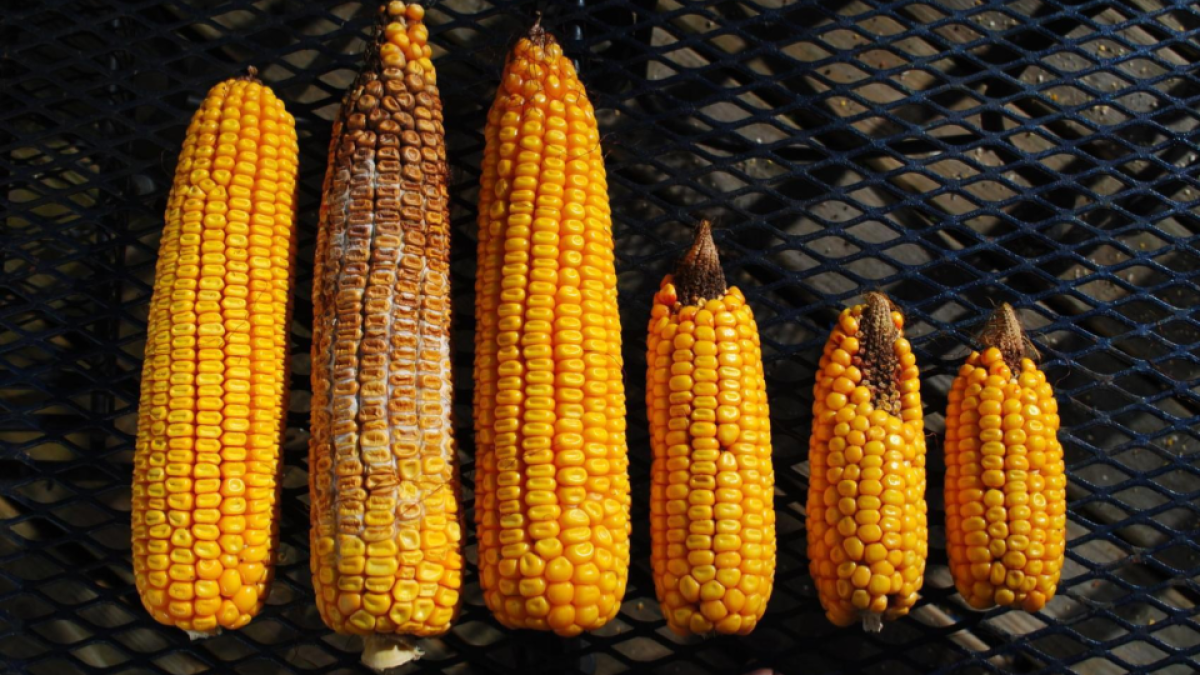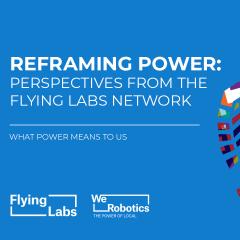
This New Tool Aims to Help Farmers Choose the Right Crop
February 5th, 2020

By Mounmo Bayangmbe, Unusual Solutions Finalist
In Africa, particularly in Cameroon, farmers typically practice subsistence agriculture because they don't know the richness of their soil. With their limited means, farmers have little choice but to produce their grandparents' crops, such as maize and rice. Increasingly, Cameroonians are turning to agriculture because it is a sector that is becoming profitable. Still, they do not know that this field requires a thorough knowledge of their soil before they can grow crops for a better profit.
According to the National Institute of Statistics, more than 87 percent of these farmers are heads-of-households. This proportion represents a considerable proportion of Cameroonians because if you touch one head-of-household, then you reach a whole family. So it would be interesting if these farmers could understand their soil quality to improve their yields.
Producing a maize crop without a minimum knowledge of the plant's needs can lead to a low yield. This lack of information leads them to produce less profitable crops because they do not have the means to analyze their soils in expensive laboratories with relatively long analysis times. Laboratories analyze the soils of large companies with large budgets.
In my home area, our parents grow corn and rice every year. As a result, more than 90 percent of our dishes are made with rice. This type of nutrition can cause a deficiency of vitamin B1 (thiamine), which can lead to beriberi disease in a child. According to the United Nations Office for the Coordination of Humanitarian Affairs, food insecurity affected 3 million Cameroonians in 2019, and in sub-Saharan countries, the figures are enormous. If this kind of behavior persists, food security is threatened.
So to alleviate the problem farmers have, they need a less expensive means or tool that will help them to know their soils so that they can have maximum production gains and show them how to vary their crops.
We have launched a project that consists of getting closer to these family heads to help them understand which plants are profitable and when to vary the crops to improve their soil. We asked our local farmers what they thought of our approach, and over 85 percent supported our idea.
It was not easy to get the data to form our dataset without the help of WeRobotics; we thank them for their support. Currently, we have the support of the "Direction de Reglementation et du Contrôle de Qualité des Produits Agricoles et des Inputs" (DRCQ). We are working in collaboration, and the first model of our algorithm has reached a prediction accuracy of 90 percent with a dataset of 20 of the most cultivated plants in Cameroon. We expect to achieve a minimum accuracy of 95 percent.
For the algorithm to work in neighboring countries that have soils similar to that of Cameroon (e.g. Nigeria, Congo), we need to increase the dataset with more plants grown in those regions.
In the end, soil analysis is a luxury for farmers. Still, with this project that we have launched, it will become less challenging to have the information on one's soil with crop mutation recommendations. Thus, low yields, malnutrition, and food insecurity will be alleviated, only if you, the heads-of-the-household, know your soil. Would you be willing to take the plunge to maximize the production of your crop?
To follow the updates of the algorithm tests, please refer to this link.
Recent Articles

